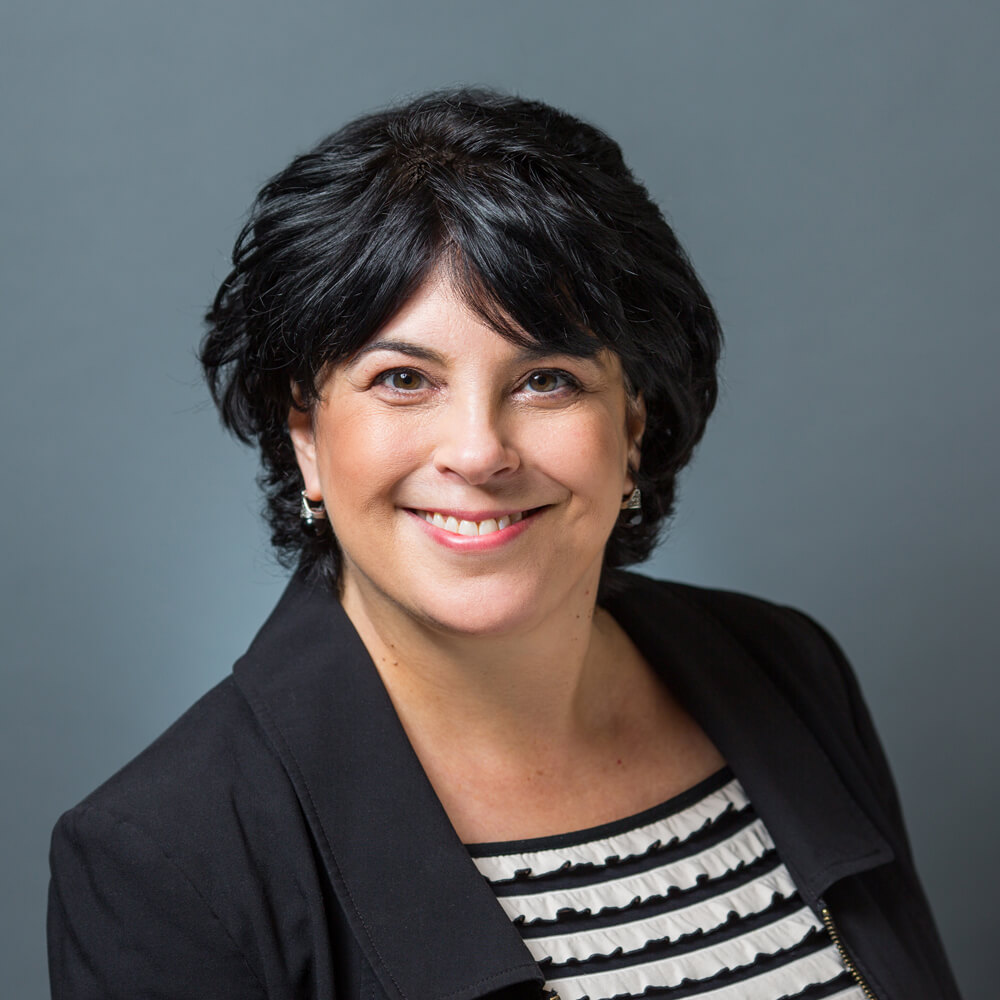- April 28, 2021
- By Maryland Today Staff
A University of Maryland psychologist prominent both in research circles and the popular media for her studies of how cultures adapt to external threats, from political conflict to pandemics, was elected this week as one of 120 new members and 30 international members of the National Academy of Sciences.
Michele Gelfand, a Distinguished University Professor of psychology, was recognized for research that draws on field, experimental, computational and neuroscience methods to understand the evolution of culture and its multilevel consequences. Her research has been cited more than 30,000 times and published in top journals, including Science and The Proceedings of the National Academy of Sciences.
 She developed the theory of “tight” and “loose” cultures—with tight ones following stricter norms and responding with greater coordination to threats, while loose ones prioritize individuality and respond less quickly to external threats—as described in her recent book, “Rule Makers, Rule Breakers: How Tight and Loose Cultures Wire Our World.”
She developed the theory of “tight” and “loose” cultures—with tight ones following stricter norms and responding with greater coordination to threats, while loose ones prioritize individuality and respond less quickly to external threats—as described in her recent book, “Rule Makers, Rule Breakers: How Tight and Loose Cultures Wire Our World.”
“I’m deeply honored to be elected to the National Academy of Sciences, and am so grateful to all of my students and colleagues who have been a source of support and inspiration for many years,” Gelfand said.
The 59 women elected this year make up the largest number of women elected in a single year to the private, nonprofit institution established in 1863 to recognize achievements in science.
Her election the is the latest of many honors for Gelfand, including the 2020 Rubin Theory to Practice Award from the International Society for Conflict Management, the 2020 Katzell Award from the Society for Industrial and Organizational Psychology, election in 2019 to the American Academy of Arts and Sciences, the Outstanding Contributions to Cultural Psychology Award from the Society for Personal and Social Psychology, the Annaliese Research Award from the Alexander von Humboldt Foundation and UMD’s Distinguished-Teacher Scholar and Distinguished University Professor designations. She came to the university in 1996.
"It is entirely appropriate that Dr. Gelfand be recognized with this honor,” said College of Behavioral and Social Sciences Dean Greg Ball. “Her pathbreaking research has been impactful around the world."
Gelfand, who holds an affiliate appointment in the Robert H. Smith School of Business, also focuses on cultural influences on conflict, negotiation, justice and revenge; workplace diversity and discrimination; and theory and methods in cross-cultural psychology.
“This is such an honor for Michele,” said Professor Michael Dougherty, chair of the psychology department. “We’re extremely proud of her accomplishments, and are proud to have her as a Terp.”
Topics
PeopleTags
Psychology